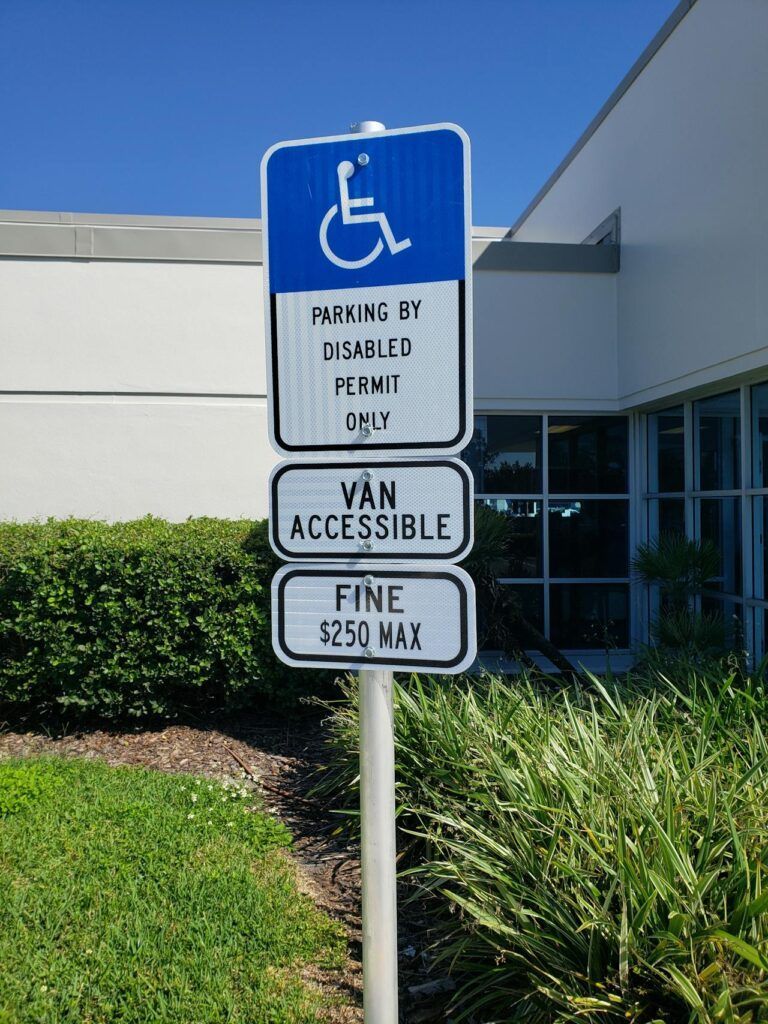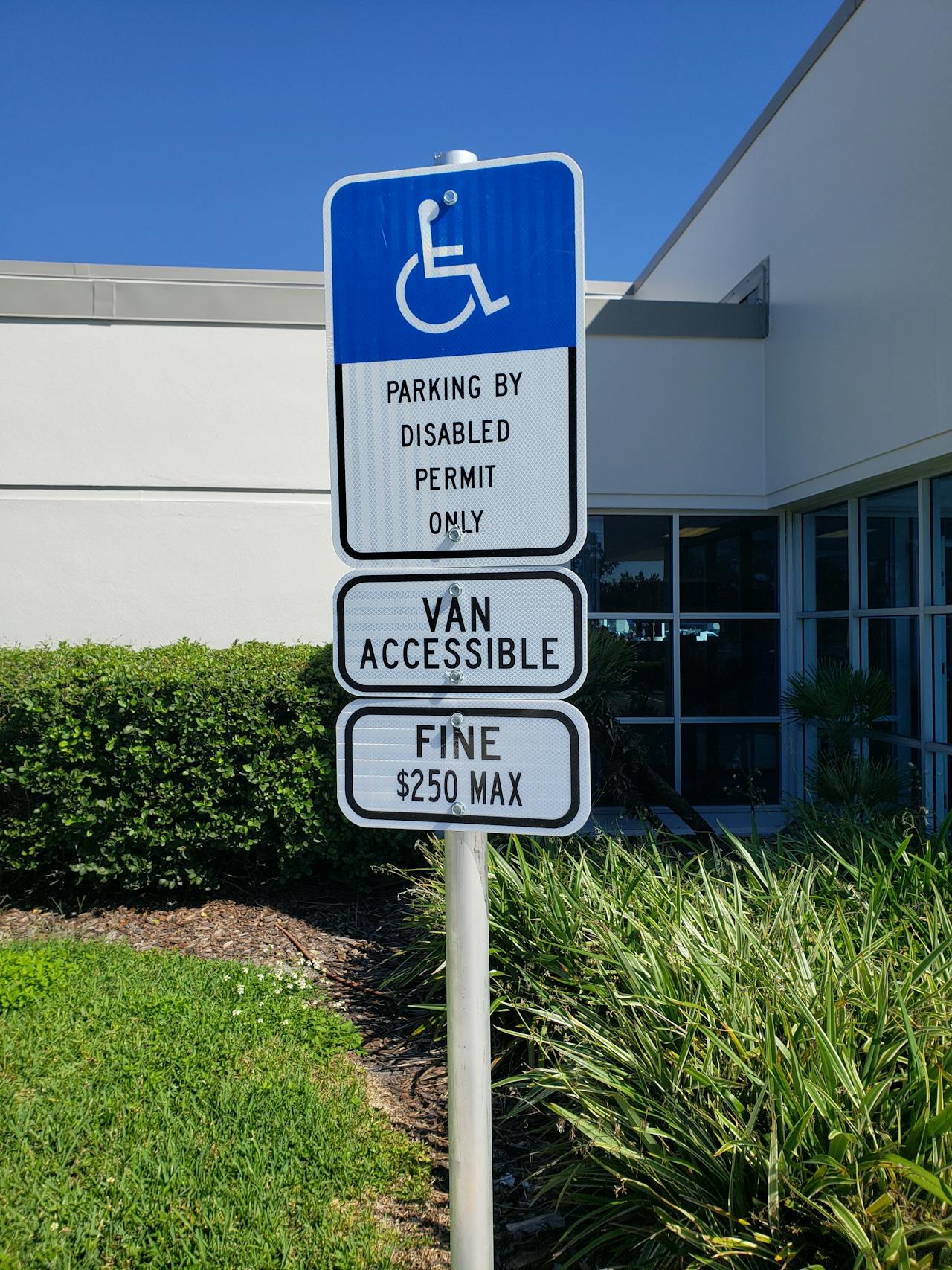Getting around Jersey City with a disability doesn’t have to hold you back from enjoying everything this lively city has to offer. NJ Transit runs Access Link, a specialized paratransit service for people with disabilities who can’t use regular bus or light rail systems. Access Link gives you door-to-door rides for any reason—work, school, doctor visits, or just checking out Jersey City’s sights.
NJ Transit shows its commitment to accessibility by picking you up and dropping you off wherever you need to go. You’ll have to sign up for the program, but once you’re approved, Access Link covers your transportation needs throughout Jersey City and even beyond.
Easy booking across hundreds of accommodations from luxury high-rises to unearthed brownstone treasures.
Browse Accommodations Now
Jersey City keeps improving accessibility, making public spaces and attractions more inviting for people with mobility challenges. You’ll notice wheelchair-accessible paths along the waterfront, and local museums and restaurants have made accommodations too. Traveling through Jersey City with a disability gets easier every year, though there’s always room for more progress.
Understanding ADA Traveling in Jersey City
Jersey City has several accessible transportation options for people with disabilities. The Americans with Disabilities Act (ADA) requires these services so everyone can get around the city comfortably.
What Is the Americans with Disabilities Act (ADA)?
The Americans with Disabilities Act, passed in 1990, is a civil rights law that stops discrimination against people with disabilities. Thanks to this law, people with disabilities get the same rights and opportunities as everyone else.
The ADA covers transportation, employment, and access to government services. So if you’re traveling in Jersey City, you’ll find accommodations that make it possible to get around, no matter your mobility needs.
Under the ADA, public entities have to make “reasonable modifications” to avoid discrimination. This means they must provide accessible transportation and ensure public spaces are navigable for everyone.
How ADA Impacts Transit and Services in Jersey City
The ADA has changed public transportation in Jersey City. NJ TRANSIT trains serving the city have ADA-accessible stations with elevators, ramps, and accessible platforms.
PATH trains that connect Jersey City to Manhattan also include accessibility features at most stations. You’ll find elevators, visual and audio announcements, and gap fillers between platforms and trains.
If you use taxis or rideshare services in Jersey City, you can request wheelchair-accessible vehicles. Public buildings, hotels, and attractions must provide:
- Accessible entrances and exits
- Elevators when needed
- Accessible restrooms
- Signs for people with visual impairments
Ferry services between Jersey City and the metro area have made accessibility upgrades to meet ADA requirements.
Overview of ADA Paratransit Requirements
Access Link is NJ TRANSIT’s ADA paratransit program for Jersey City residents and visitors who can’t use regular public transit. Access Link offers origin-to-destination rides within 3/4 mile of local bus routes.
To ride Access Link, you’ll go through an eligibility process to determine if your disability prevents you from using standard transit. There are three main eligibility groups:
- People who can’t navigate the transit system alone
- People who need accessible vehicles when fixed routes don’t have them
- People who face barriers getting to or from stops or stations
You need to schedule trips at least one day ahead, and fares are similar to regular NJ TRANSIT bus fares. Service hours match the parallel local bus routes.
If you’re visiting Jersey City, you can use Access Link for up to 21 days with eligibility proof from your home paratransit service.
Accessible Transportation Options in Jersey City
Jersey City has a range of transportation services for people with disabilities. These options help locals and visitors travel around the city and connect to the wider New Jersey area.
NJ TRANSIT: Accessible Buses and Trains
NJ TRANSIT offers accessible services throughout Jersey City and beyond. All buses come with wheelchair lifts or ramps and have designated seats for passengers with disabilities. Bus operators know how to help riders board or secure wheelchairs.
The Hudson-Bergen Light Rail and PATH trains in Jersey City have level boarding platforms for easy access. Stations include elevators, accessible ticket machines, and tactile warning strips along the platform edges.
You’ll find details about accessible routes and schedules on the Getting Around Jersey City website. NJ TRANSIT gives reduced fares to seniors and people with disabilities who show proper ID.
Trains and stations use audio and visual announcements to help travelers with hearing or vision impairments keep track of stops and service changes.
Jersey City Paratransit Services
Jersey City provides specialized paratransit for residents who can’t use regular public transportation because of disabilities. These door-to-door services are an essential transportation option for many.
To use these services, fill out an eligibility application. Once you’re approved, you can schedule rides for medical appointments, shopping, work, or social outings.
Find available hotels and vacation homes instantly. No fees, best rates guaranteed!
Check Availability Now
The service area covers all of Jersey City and connects to nearby communities. Fares are usually affordable, often using a zone system or flat rate.
Vehicles have wheelchair lifts, secure tie-downs, and other accessibility features. Drivers get special training to help passengers with different disabilities and mobility needs.
You’ll usually need to reserve rides 1-2 days ahead so the service can plan efficient routes and fit everyone in.
Using Access Link for Public Transportation
Access Link is NJ TRANSIT’s ADA paratransit program for Jersey City and nearby areas. This shared-ride service runs in the same areas as local bus routes when buses are operating.
To ride Access Link, apply and complete an in-person assessment. Once you’re enrolled, you can travel for any reason—work, school, doctor visits, shopping, or fun.
Access Link fares match the regular NJ TRANSIT bus fare for the same trip. The service covers areas within 3/4 mile of local bus routes, so most of Jersey City is included.
Reserve your trip at least a day in advance by calling the Access Link office. They’ll give you a 40-minute pickup window, and you’ll need to be ready when the vehicle arrives.
Access Link vehicles are fully accessible with lifts or ramps and securement systems for wheelchairs and scooters. Drivers can help you from your door to the vehicle if you need it.
Navigating Access Link in Jersey City
Access Link connects Jersey City residents with disabilities to essential transportation when they can’t use regular NJ TRANSIT buses. This paratransit service runs in the same areas and hours as regular bus routes, making accessible travel possible for those who need it.
Eligibility and Application Process
To use Access Link in Jersey City, you need to qualify under ADA guidelines. Start by calling NJ TRANSIT’s Access Link at 1-800-955-2321 to request an application. You’ll complete an application and go to an in-person assessment, where professionals check your ability to use standard bus services and figure out your specific needs.
Once approved, you’ll get an Access Link ID card. Certification usually lasts 3-5 years before you have to renew. Some people get conditional eligibility if weather, physical barriers, or specific trips affect their ability to use transit.
The approval process usually takes about 21 days from your assessment. During this time, NJ TRANSIT reviews your case to see how Access Link can best help you.
Reservation and Scheduling Procedures
Booking your Access Link ride takes a bit of planning. You need to reserve 1-7 days before your trip by calling 1-800-955-2321 during business hours (7:30 AM to 4:00 PM) or using Access Link Online.
When you make a reservation, be ready to give:
- Your Access Link ID number
- Exact pickup and drop-off addresses
- Desired pickup or arrival time
- Info about companions or assistive devices
- Return trip details if you need them
Access Link is a shared-ride service, so you’ll travel with other passengers. Your pickup window is 20 minutes, and you should be ready at the start of that window.
If your plans change, cancel at least two hours before your scheduled pickup to avoid penalty fees. You can also set up recurring trips for regular appointments, which saves some hassle.
Access Link Fares and Payment Options
Access Link fares match the cost of the equivalent NJ TRANSIT bus route. You’ll find out the exact fare when you book, and you’ll pay at the time of service.
Payment options:
- Cash (exact change only)
- Prepaid coupons from NJ TRANSIT
- Electronic payment through Access Link Online
Eligible riders can get discounted fares. If you have a Personal Care Assistant (PCA) with you, they travel for free, while any extra companions pay the same fare as you.
Monthly passes are available for frequent riders, matching the zone-based pricing of regular NJ TRANSIT bus passes but just for Access Link.
If you’re a Jersey City resident using Access Link for medical trips, Medicaid might cover your fares through Modivcare (formerly LogistiCare) if you qualify. It’s worth asking your Medicaid case manager about this.
Luxury stays to cozy apartments await, all with instant booking. Find the best deals!
Browse Jersey City Stays
Additional Accessible Services and Programs
Jersey City has extra programs to help people with disabilities get around. These services offer more flexibility and options for different travel needs.
Access Link Riders’ Choice Pilot Program
The Access Link Riders’ Choice Pilot Program lets you take more control of your transportation. NJ Transit’s initiative gives eligible Access Link customers a wider range of service providers.
With this program, you can schedule rides with less notice than standard Access Link requires. Sometimes you’ll get extended service hours, too.
Key perks:
- More flexible scheduling
- Potential for same-day ride requests
- A choice between transportation providers
- Possibly longer service hours
To join, you need to be a registered Access Link customer. If you’re interested, reach out to NJ Transit’s Access Link customer service.
Supplementary Community Transportation Options
Jersey City supports several community transportation programs that work alongside NJ Transit’s Access Link. These options help fill transportation gaps.
Local senior centers offer rides for medical appointments and shopping. Many community organizations run volunteer driver programs for needs that paratransit doesn’t cover.
Some helpful resources:
- Hudson County Community Transportation services
- Non-profit shuttles between key locations
- Subsidized taxi voucher programs for qualified residents
- Religious organization volunteer driver networks
You’ll usually need to reserve these services in advance. Eligibility varies by program—some focus on seniors, others on people with specific disabilities.
Contact Jersey City’s Division of Senior Affairs to learn which programs might work best for you.
Accessibility in Local Businesses and Public Spaces
Jersey City keeps working to make businesses and public spaces more accessible, though it’s not perfect yet. From ADA compliance in shops to wheelchair-friendly features in public venues, here’s what to expect as you get around the city.
Meeting ADA Requirements in Jersey City Businesses
A lot of Jersey City businesses try to comply with the ADA, but how well they do this varies. Newer spots in areas like Exchange Place and Newport usually have better features—ramps, automatic doors, accessible restrooms.
Older, smaller businesses in historic neighborhoods sometimes struggle with narrow doors and steps. The city has some funding to help businesses upgrade to ADA standards, but not everyone knows about it.
It’s smart to call ahead and check on accessibility features. Bigger chains and venues usually have more complete accommodations than smaller shops or restaurants in old buildings.
Accessible Facilities in Public Venues
Public venues in Jersey City show mixed levels of accessibility. Newer areas like the Waterfront and Liberty State Park have wide paths, accessible restrooms, and designated parking that meets ADA guidelines.
Parks have improved with accessible playground equipment and paved paths—Lincoln Park and Hamilton Park are good examples. Most government buildings have ramps, elevators, and accessible restrooms to comply with Title II of the ADA.
Transit hubs like Exchange Place and Journal Square have elevators and tactile paving, though sometimes maintenance issues pop up. Cultural venues like the Liberty Science Center and Loew’s Jersey Theatre offer wheelchair seating and accessible entrances.
Keep in mind, weather can affect outdoor accessibility—snow and ice in winter sometimes block curb cuts and ramps.
Stakeholders and Community Support Resources
A lot of organizations work together to improve accessibility in Jersey City. Government agencies, advocacy groups, and transportation providers form a network of support for people with disabilities.
Roles of Local Stakeholders
NJ TRANSIT really steps up with its Access Link ADA paratransit service. This transportation option helps folks who can’t use regular bus or rail services because of disabilities.
The Hudson County Office of Inclusion and Accessibility gives residents with disabilities info and referrals. They’ll help you figure out what services are out there and what your rights are under accessibility laws.
Jersey City’s Division of Transportation works hard to make sure public spaces and transit options follow ADA rules. They put in curb cuts, add accessible pedestrian signals, and make bus stops work for everyone.
Local businesses play their part, too, by keeping accessible entrances, pathways, and facilities up to code.
Advocacy Groups and Government Programs
The New Jersey Travel Independence Program (NJTIP) helps people with disabilities and older adults learn how to use public transportation safely. Their workshops give you a chance to get comfortable with Jersey City’s transit systems—honestly, figuring out the buses and trains can feel overwhelming at first, but a little guidance really helps.
A few community organizations also step in with support:
Find the perfect hotel or vacation rental. Instant booking, no fees!
View Top Stays
- Hudson County Disability Services: Shares advice about transportation options
- NJ Statewide Independent Living Council: Pushes for better accessibility
- The Alliance Center for Independence: Stands up for transportation rights
Sometimes, government programs like NJ FamilyCare help cover rides to medical appointments. Title VI rules protect your right to use transportation services without facing disability discrimination.
If you’re planning a trip around Jersey City, these resources can make things a bit easier—don’t hesitate to reach out.






